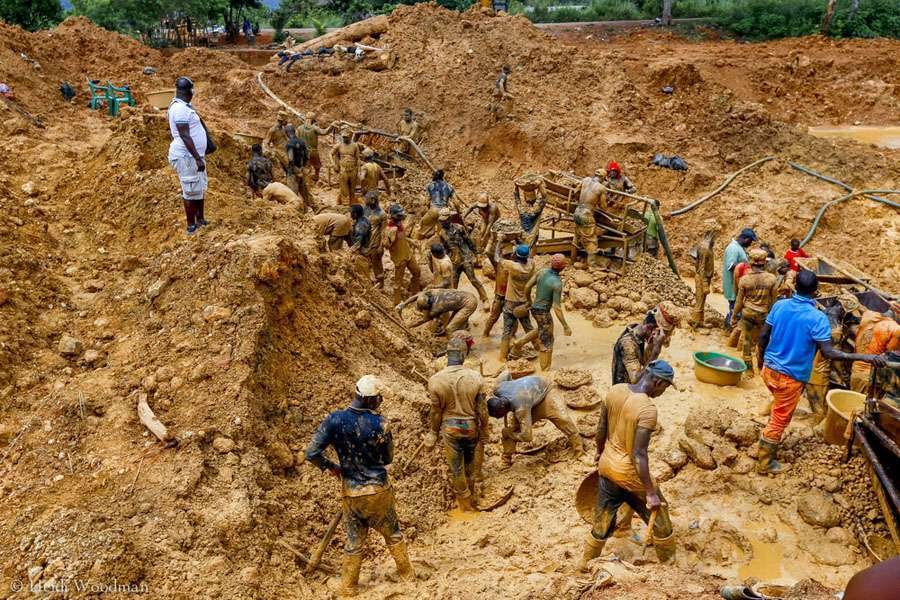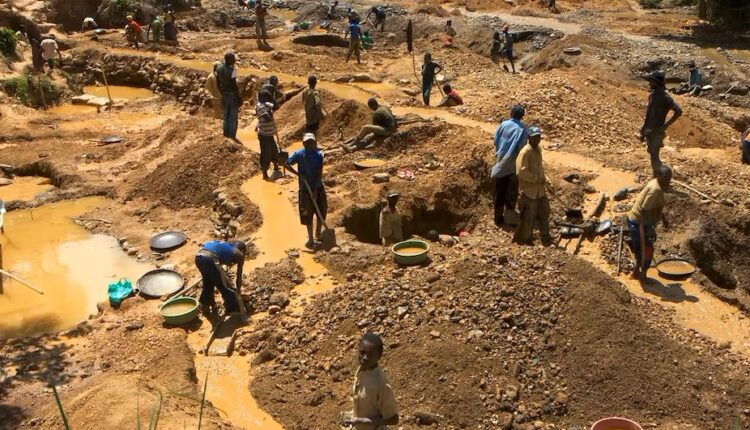Ghana Water Limited’s MD warns that Galamsey is becoming worse, crippling industries with water pollution.

Galamsey Crisis Deepens, Threatening Industries and National Water Supply
ACCRA, Ghana – According to a stark warning from Ghana Water Limited, the illegal mining menace known as galamsey is becoming worse under the current administration.
Consequently, many vital industries are now nearing collapse because they cannot access the clean water required for their operations. This alarming statement from the Managing Director highlights a rapidly escalating environmental and economic crisis.
An Escalating Environmental Catastrophe
Firstly, it is crucial to understand the scope of the problem. Galamsey operations involve the unregulated and often illegal mining of minerals, which leads to widespread deforestation and the heavy contamination of water bodies with toxic chemicals like mercury and cyanide.
As a result, rivers and streams that communities and industries depend on are being rendered unusable. Subsequently, the cost of water treatment for public consumption has skyrocketed, placing an immense strain on national resources.
The Direct Impact on Ghanaian Industries
The ripple effects on the economy are severe and direct. Many manufacturing and processing industries rely heavily on consistent access to large volumes of clean water. For instance, the beverage, textile, and food production sectors are now facing unprecedented operational challenges.
Because they don’t get good water to operate with, production lines are stalling, and profitability is plummeting. Therefore, the very foundation of key economic sectors is being undermined, potentially leading to job losses and reduced economic growth.
A Call for Action and Accountability
In light of these developments, the statement from Ghana Water Limited MD Adam Mutawakilu serves as a critical call to action. The government, therefore, faces mounting pressure to enforce existing laws and implement more effective strategies to combat illegal mining.
Furthermore, collaborative efforts between regulatory bodies, local communities, and the private sector are essential to reverse this destructive trend. Ultimately, safeguarding Ghana’s water bodies is not just an environmental issue but a fundamental prerequisite for national stability and economic prosperity.
The Path Forward
In conclusion, the warning is clear: the galamsey problem is intensifying, and its consequences are already crippling industries. To address this, a multi-faceted approach is urgently needed. This includes not only stricter law enforcement but also promoting sustainable alternative livelihoods for those involved in illegal mining.
Otherwise, the continued degradation of Ghana’s precious water resources will have irreversible consequences for generations to come.



